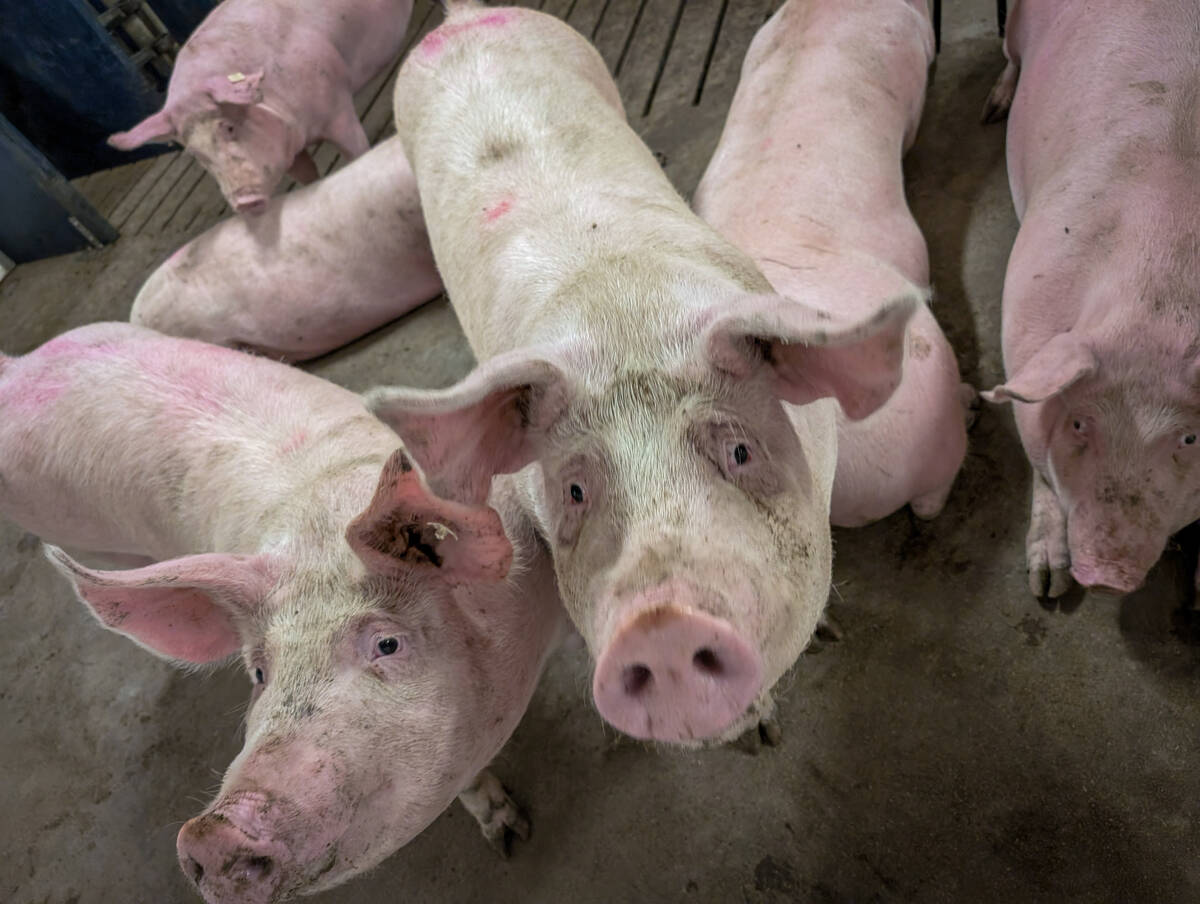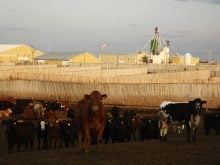KAMLOOPS, B.C. – British Columbia’s premier wants a ranching task force to meet soon to rebuild the province’s flagging beef industry, but he warned the government has little money to invest in new ideas.
“We are not going to agree to everything you pass,” Gordon Campbell told the B.C. Cattlemen’s Association annual meeting in Kamloops May 21.
“We do not have hundreds of millions of dollars to invest in any sector of the economy.”
Health and education are the main priorities, but Campbell said he is willing to meet with producer groups as soon as possible.
Read Also

Pork sector targets sustainability
Manitoba Pork has a new guiding document, entitled Building a Sustainable Future, outlining its sustainability goals for the years to come.
“There is no point in waiting for a year. We need to act quickly.”
He promised to renew and expand the $9 million provincial fencing program along railroads and highways. The program ran for three years and built 600 kilometres of fence, but another 700 km are needed.
BCCA president Roland Baumann said he has ideas to address industry viability.
“I think one of the first topics that could come to the table would be to streamline or reorganize the provincial sales tax,” he said.
“That is something that would immediately put money in your pocket.”
The tax is seven percent and farmers want straightforward farm exemptions in the form of rebates.
However, the B.C. Agriculture Council, an umbrella group representing commodity groups, was ambivalent about the task force, which comprises government officials and representatives from the BCCA and the cattle feeder, milk producer and breeder associations.
“I am skeptical … about the concept if it just becomes another talk session,” said council director Lou Cooke.
He said government and industry must come up with new ideas to turn the sector around and could follow the lead of B.C. fruit growers, who were in a similar position nine years ago.
They developed a strategic plan and appeared to have turned the industry around with new varieties, replanting and an improved marketing structure that included consolidation of the fruit packing plants.
However, Cooke said there was a cost to taxpayers.
“I have news for the premier. He is going to have to invest some dollars,” he said.
“Government has allowed agriculture infrastructure to decline to the point where they are going to have to invest a good number of dollars to get up back where we should be.”

















